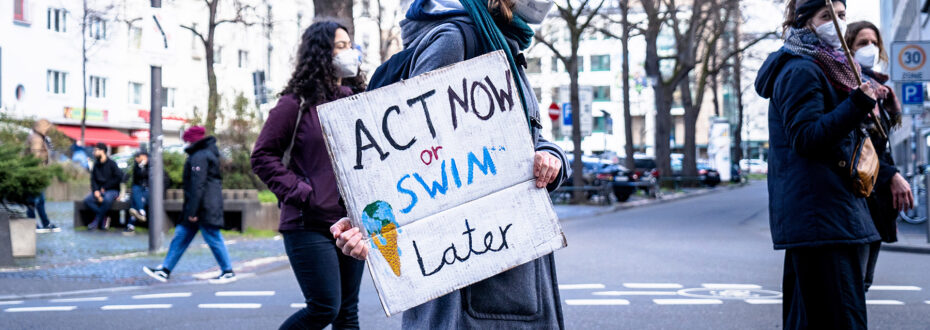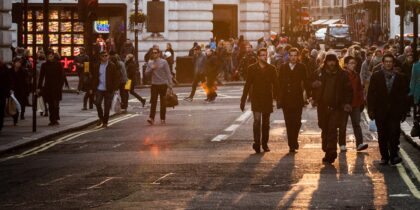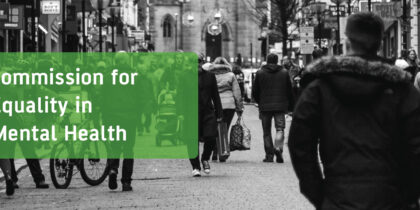By Bella Santa Cruz
The ‘improve your mental health’ narrative is very individualistic with the onus on you or I, as a person, to push through and make things better for ourselves. Go for a walk, turn off your phone, eat your vegetables, do some volunteer work, get eight hours of sleep, do some exercise. Of course, these are all very important aspects that may well support you living a healthy, more purposeful life. I know I personally reap the benefits when I prioritise sleep and good nutrition over bottomless boozy brunches and late-night Instagram scrolling, but we really need to think bigger than you or I. We need to start thinking about we, us and our mental health.
System-change sounds pretty scary. Pretty impossible. I’m just one person and the biggest system I’ve ever changed is my Tupperware draw when I’ve failed to find the matching lid one too many times. It wasn’t an easy task, took a while and involved extensive muttering under my breath, but it was certainly easier than changing the mental health system. The enormity of that task is almost laughable.
Or is it? I don’t know if you’ve noticed but there are a couple of systems in the headlines at the moment. Take climate change for example. That’s one hell of a system pickled by profit margins, power-struggles and inertia. However, what I find interesting is that we readily accept that real change will come from the industry big dogs. We’re calling out for government, corporations and community authorities to drive the change. Sure, I can do my recycling, boycott fast-fashion brands, and swap to reusable coffee cups but that is not enough – and we know it. We need a system change. A new way of doing things that incentivises behaviours which prioritise the protection of the environment over and above the standards we accept today. Why is it so clear, so easy to see that we need to change the system contributing to climate change, yet so challenging to convince ourselves that we need the exact same approach in mental health?
I don’t want more and more mental health services trying to keep pace with increasing demand. That would be like continuing to burn fossil fuels at an alarming rate and building more recycling plants instead.
Maybe we feel like we have more to lose. More to give up if we rewrite the mental health landscape. Equality sounds great on paper, but if I have more than my share of equality today – does that mean I have to give some up? I’m not talking about money. I’m talking about opportunities and access to care and I believe the answer is no. I don’t think we have anything to lose and in fact, by playing a part in an equal society, I think there is everything to gain. I think there is hope and that living in a society where the poorest children are not four times more likely to have a mental health difficulty than the wealthiest children, and where Black people aren’t subject to the Mental Health Act more often than white people, would do far more to support my mental health than any yoga class or green smoothie ever could. I don’t want more and more mental health services trying to keep pace with increasing demand. That would be like continuing to burn fossil fuels at an alarming rate and building more recycling plants instead. We’ve been there, done that, and it is not sufficient. I want prevention. I want systemic change.
At this point, it would be amiss not to mention the many incredible grassroot organisations who are pioneering efforts to reform the way mental health services are planned and delivered to their communities. The work they do is amazing, but the reality is they are often isolated and small-scale due to limited resources. To truly address mental health inequalities, we need a concerted effort from local communities, regional authorities, and devolved administrations to support inclusive education, tailored outreach programmes relevant and appropriate for the local community, safe and affordable housing, and improved digital connectivity where it is poorest.
It is not a mystery. Mental health inequalities are economic and social inequalities, and we need to address them, so buckle up.
The Commission for Equality in Mental Health collected evidence for two years and have published their final report Mental Health for all? including a 10-point plan for local action as we move forward. The Covid pandemic highlighted the inequalities on our doorsteps and now as our communities recover from this unprecedented challenge, it is time for unprecedented change. Not theoretical planning and blue-sky brainstorming that never leaves the board room, but practical recommendations that we can start implementing today. It is not a mystery. Mental health inequalities are economic and social inequalities, and we need to address them, so buckle up. It’s a daunting task and it’s going to take a while but all I’m asking you to do today is send one email. Tell your MP you’re an advocate for equality. Be a catalyst for a change.
Please email your MP, asking them to take action against mental health inequalities








